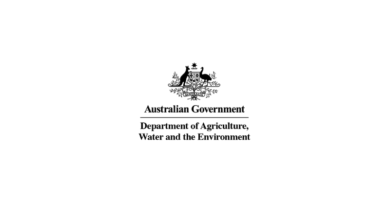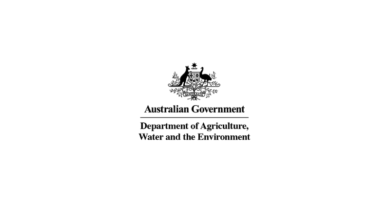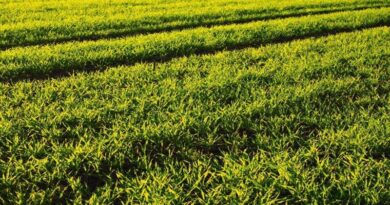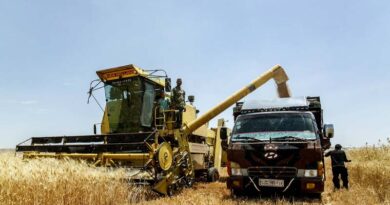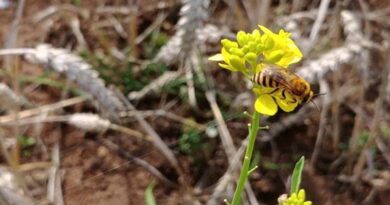Biosecurity NZ committed to tough FMD protections
20 July 2022, New Zealand: Biosecurity New Zealand has spoken directly to its Australian counterparts, who have confirmed no live foot-and-mouth disease (FMD) virus has been found on food there, says deputy director general Stuart Anderson.
“Australian officials said today viral fragments had been found on some pork product. They have told us that what was found in the food was not live virus, but a trace viral fragment. Viral fragments are not infectious and could not transfer live virus to another animal. It is not unusual for non-infectious viral fragments to be found in food,” Mr Anderson said.
The product was an imported dried “pork floss” product that may have been illegally imported to Australia and was being recalled as a precaution for that reason. Any illegal product found in New Zealand would be destroyed.
“There’s no indication that there is a heightened risk to New Zealand. We have among the strictest import health standards and biosecurity settings in the world for pork and other meat products coming into New Zealand.
“Pork floss can be legally imported to countries like New Zealand and Australia if it follows strict import health standards, such as the use of heat treatment.
“As an extra precaution Biosecurity New Zealand will undertake market surveillance to double check product available here is legally imported,” Mr Anderson said.
Mr Anderson said travellers to New Zealand are not allowed to bring in uncooked meat products.
“Since FMD was found in Indonesia recently, we have stepped up our work at the border to prevent FMD arriving in New Zealand. Every passenger arrival card is examined and those from countries that have FMD (including Indonesia) are directed to a different process of questioning, baggage search and disinfection. This means that should passengers transit other airports, risks are still addressed.
“All mail products that come into New Zealand from Indonesia are x-rayed and checked by dogs. We risk assess and our quarantine officers are checking all cargo containers coming from Indonesia,” Mr Anderson said.
“We are committed to constantly reassessing our multi-layered biosecurity settings as we have done in recent weeks with regard to FMD,” Mr Anderson said. “Those settings include risk assessments of all arrivals and cargo, 100% screening of all checked in and cabin baggage, detector dogs and very strong import health standards.”
Also Read: World Food Prize Foundation Announces New Director of Communications


